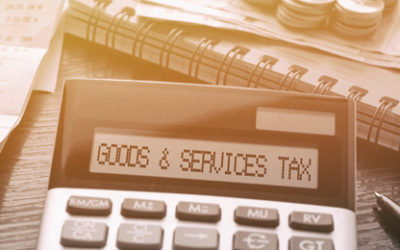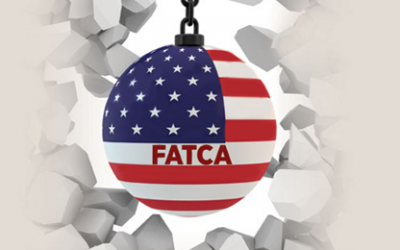Check Out The Latest NZ Tax Updates
We include updates and reminders about NZ tax changes for those carrying on a business in New Zealand and for individuals who still have tax ties there.
New Zealand GST On Low Value Goods Imported Into New Zealand From Australia
New Zealand’s GST rules which have allowed Australian businesses to send low value consignments to customers in New Zealand without having to account for New Zealand GST, are about to change.
Inland Revenue Changes Filing Frequency For New Zealand Employers
At present, New Zealand employers file their reports consisting of details of employee earnings, PAYE (withholding) and Kiwi Saver information, on a monthly basis.
That is about to change.
New Zealand’s ACC Levies
Everyone who does business in New Zealand must pay ACC levies.
This is, in effect, an extension of Australia’s WorkCover levy system.
Inland Revenue To Publicise Automatic Exchange Of Information
The New Zealand government signed up to the Automatic Exchange of Information (AEOI) initiative a little while ago.
This is a global OECD initiative to combat tax evasion, particularly against those who use foreign tax jurisdictions to hide their wealth and evade paying tax in the process.
What does that mean for you?
New Zealand Increases Minimum Wage Rates
The New Zealand government has advised that the minimum wage rate for adults will be increasing by $0.75 to NZ$16.50 an hour effective 1 April 2018.
In New Zealand, the adult minimum wage rate applies to all employees aged over 16 years who are not classified as “starting out” workers or “trainees” who are involved in supervising or training other workers.
New Zealand Moves To Payday Filing
With the growing integration between software packages such as XERO, MYOB and Reckon comes changes to the way that Inland Revenue will be processing data in the future.
One significant change is called Payday Filing which impacts on employers and the way they file their employer reports.
Changes To New Zealand’s Provisional Tax Payment System
Introducing The AIM Accounting Method Of Calculating New Zealand Tax.
We earlier commented on changes to New Zealand’s tax system where it would be possible to pay income tax based on actual profits earned to date.
This has come about through greater integration between accounting software packages and Inland Revenue where taxpayers can now file their GST returns directly through their accounting software.
New Zealand Updates To Capital Gains Tax Rules With Regard To Selling Rental Properties
While New Zealand doesn’t have a typical capital gains tax, it can apply in some situations.
One of those situations relates to the situation when a rental property is purchased and subsequently sold.
Changes To How Holiday Pay Is Taxed In New Zealand
There have been changes made to the way employers can calculate the tax to be deducted from holiday pay when it is paid as a lump sum to an employee before they take their leave.
New Zealand employers can now opt to pay holiday pay as a lump sum extra pay or if the lump sum was paid to the employee in their usual pay cycle, tax can be calculated over the pay periods that their holiday covers. This 2nd approach is referred to as the “alternative approach”.
The Big Double Tax Issue That Impacts On Australians Doing Business In New Zealand
Many people mistakenly believe that the Double Tax Agreement in place between Australia and New Zealand protects business from being taxed twice.
Unfortunately, and without proper planning, that just isn’t the case.
Is Your Business Affected By The NZ Tax Rules For Contractors?
It is a common (and some would say wise) practice for small businesses to hire contractors when specialised skills are required for a short, rather than a long time.
However the New Zealand tax rules are different for Australia, particularly for medium term projects where the question can arise as to whether the individual is a contractor or, instead, a short-term employee. This is important because the obligation is on the employer.
The FATCA Issue And How It Impacts On New Zealand Businesses
The Foreign Account Tax Compliance Act, or FATCA as it is more often referred to, is a type of reporting regime that insures people and businesses in the United States to meet their tax obligations there. US citizens and tax residents are required to report their worldwide income to the IRS no matter where in the world they happen to live.
It also requires any foreign financial institution to register with the IRS.
What our clients say

NZ Tax Returns













